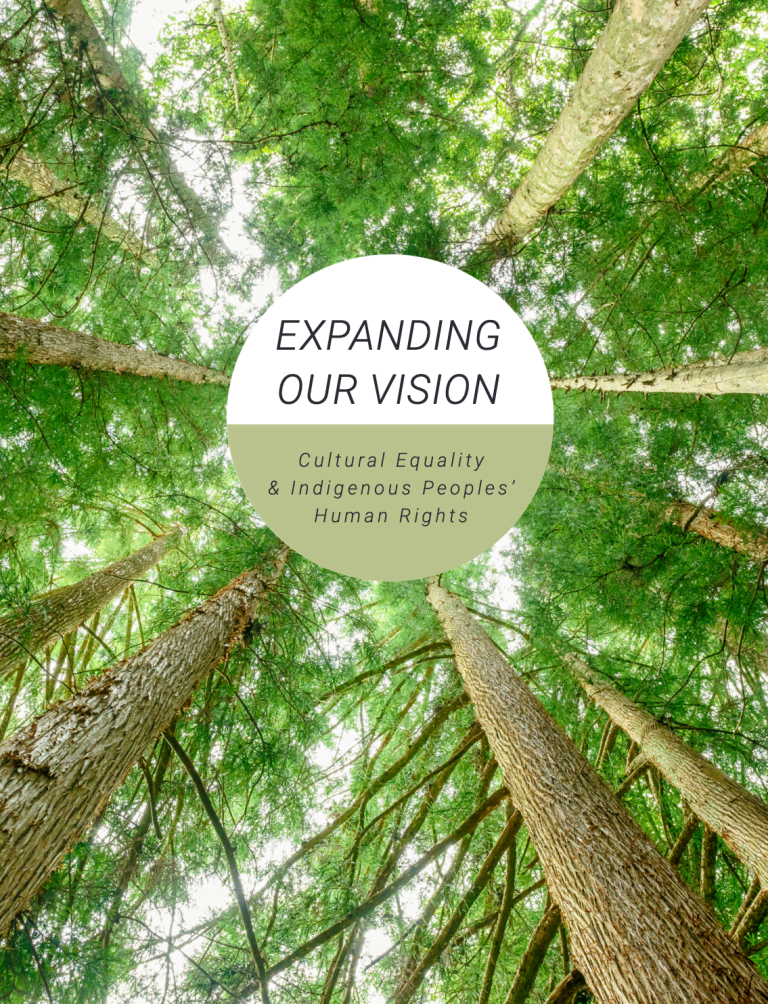Search the Baseline Project
To search the recommendations database, please visit the database main page.
To search the recommendations database, please visit the database main page.

In January 2020, the BC Human Rights Tribunal published a report after hearing from 100 Indigenous people about how they experience the justice system. The report explains how the current system fails them and the need to work collectively towards greater justice through open dialogue, incorporating Indigenous legal definitions of human rights and mechanisms for ensuring fairness and freedom from discrimination.